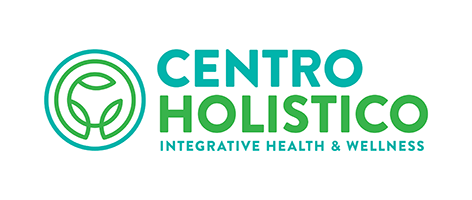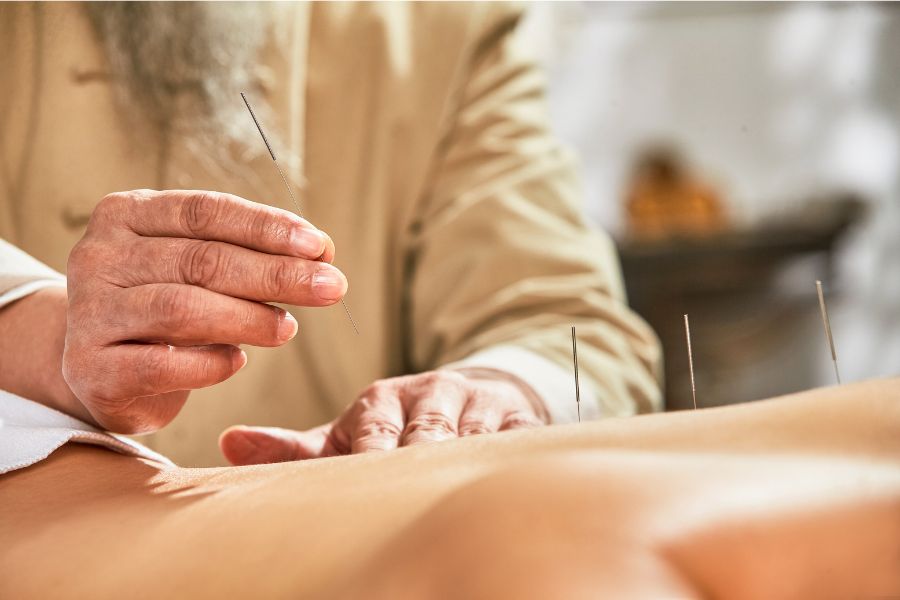If an alternative approach to healthcare appeals to you, acupuncture may be a good fit. Whether it be for general wellness, or part of your sports protocol, or because you’re seeking out relief from chronic disease, or maybe because you’re currently recovering from a major operation or a stroke – there are many reasons to seek out acupuncture. And developing a relationship with the person needling you is important. Much like how you have a doctor when you’re sick, an accountant to help keep your books, and a realtor to help find your dream home, an acupuncturist is another life long friend and confidant whose goal is to keep you feeling good about yourself, for as long as possible. An acupuncturist is your partner in managing symptoms and promoting healing and wellness, who may also guide you through many decisions about protecting your health, or treating a condition or symptom with acupuncture. So how do you find the best acupuncturist who is right for you? Here are some important factors to keep in mind.
1. Ask for referrals
Start by asking people you know and trust, such as family, friends, your primary care doctor, and other healthcare providers for recommendations. What did they like about them? What concern where they getting addressed? How did they feel about their treatment afterwards? Why would they recommend them? As you narrow down your list, call each acupuncturist’s clinic and ask for an appointment to meet and interview the acupuncturist or ask if it is included in the initial acupuncture fee.
2. Research the acupuncturists training
Certification is one of the most important factors to consider when you are choosing an acupuncturist. It tells you that the acupuncturist has the necessary training, skills and experience to perform acupuncture. It also confirm that the acupuncturist has no history of malpractice claims or disciplinary actions. The Philippine Institute of Traditional and Alternative Health Care (PITAHC) is a good government resource to check.
3. Consider the acupuncturist style
There are many styles of acupuncture practice. Traditional Chinese Medicine (TCM) is the most common term encountered, and represents a modern and somewhat Westernized approach to Chinese medicine. Classical Chinese Medicine is an older style of treatment that is more reflective of Chinese medicine’s origins. There are many terms such as Traditional Acupuncture, Five Element Acupuncture, Japanese Acupuncture, Korean Acupuncture, Vietnamese Acupuncture, etc. It is best to discuss this when you are interviewing acupuncturists and asking about why they chose a particular style.
4. Consider the acupuncturist’s specialty
Experience matters when you’re facing pain, fatigue, and other chronic symptoms. The more experience an acupuncturist has with a condition or procedure, the better your results are likely to be. Ask how many patients with your specific condition the acupuncturist has treated. Do they have a specialty or focus or are they more of a generalist?
5. Consider personal connection
Choose an acupuncturist with whom you are comfortable talking to and who supports your information needs. When you first meet the acupuncturist, ask a question and notice how he or she responds. Do they welcome your questions and answer them in ways that you can understand? How well does the acupuncturist explain the practice of acupuncture, or are you left to research it yourself? Find an acupuncturist who shows an interest in getting to know you, who will consider your treatment preferences, and who will respect your decision-making process.
6. Consider where you’re getting treated
At the present time, almost all of the treatment settings for acupuncture occur in clinics or wellness centers. Are you comfortable with the place? Do you feel that you have enough privacy when getting treated? Is the clinic easy to find and does it have ample parking? How near or far is it from your home?
Choosing a practitioner that is right for you can make all the difference in the outcome of your treatment. At Centro Holistico, all our doctors are also certified medical acupuncturists, all with different approaches and different personalities. We recommend working with one with whom you are comfortable with, who you feel understands where it is you want to go in your healing journey, and who has experience and success treating your particular problem.

